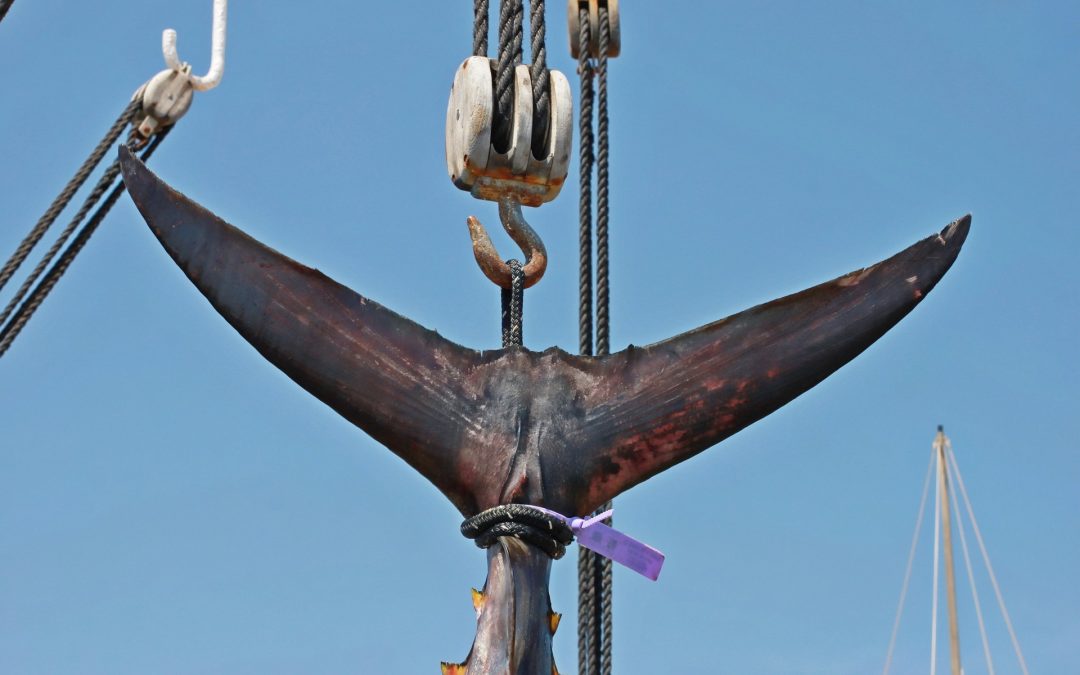The World Wildlife Fund (WWF) is exploring blockchain technology to combat illegal fishing and slave labor in the tuna fishing industry. The technology is currently being piloted in Fiji.
Eco-conscious diners may ask restaurants whether their fish comes from a sustainable source, but it can be hard to know for sure. A new certification system, launched by blockchain company Viant and the WWF, is promising: It provides a step-by-step tool to track a fish journey from the ocean to the market to the plate. The new initiative, announced in late December, is the latest example of how blockchain technology can impact supply chains and protect the food supply.
The WWF, over 50 years old, works in the field of wilderness preservation and the reduction of human impact on the environment. Currently, much of its work concentrates on the conservation of three biomes that contain most of the world’s biodiversity: oceans and coasts, forests, and freshwater ecosystems. Among other issues, it is also concerned with endangered species, sustainable production of commodities, and climate change.
The WWF has teamed with ConsenSys, communications technology partner TraSeable, and Sea Quest Fiji to track the journey of tuna fishing from start to distribution using blockchain. SeaQuest Fiji will implement a blockchain verification system that can record the movement of tuna from fishing boat to grocer, beginning with tagging the catch with radio-frequency identification (RFID) e-tags. Scanning packaging using a smartphone app will provide information on when and where the fish was caught, by which vessel, and fishing method.
“We’ve worked on the front end and now we need to look at the rest of the supply chain, right up to the plate,” said WWF Australia chief executive Dermot O’Gorman. “There’s a number of technical and logistical challenges … but we’re in discussions with a few retailers … and through the course of this year I think we’ll get from bait to plate and be able to address the sustainability and human rights issues.”
In addition, the WWF is also developing blockchain technology for other seafood industry use-cases and fundraising initiatives. The blockchain pilot in the tuna fishing industry will provide valuable insight on how blockchain can be applied elsewhere.
“We see blockchain technology as being able to step up the transparency in the supply chain, which previously was difficult or quite expensive to do,” said O’Gorman. “It’s a very exciting revolution that’s about to transform the industry and will deliver multiple sustainable development goals.”


